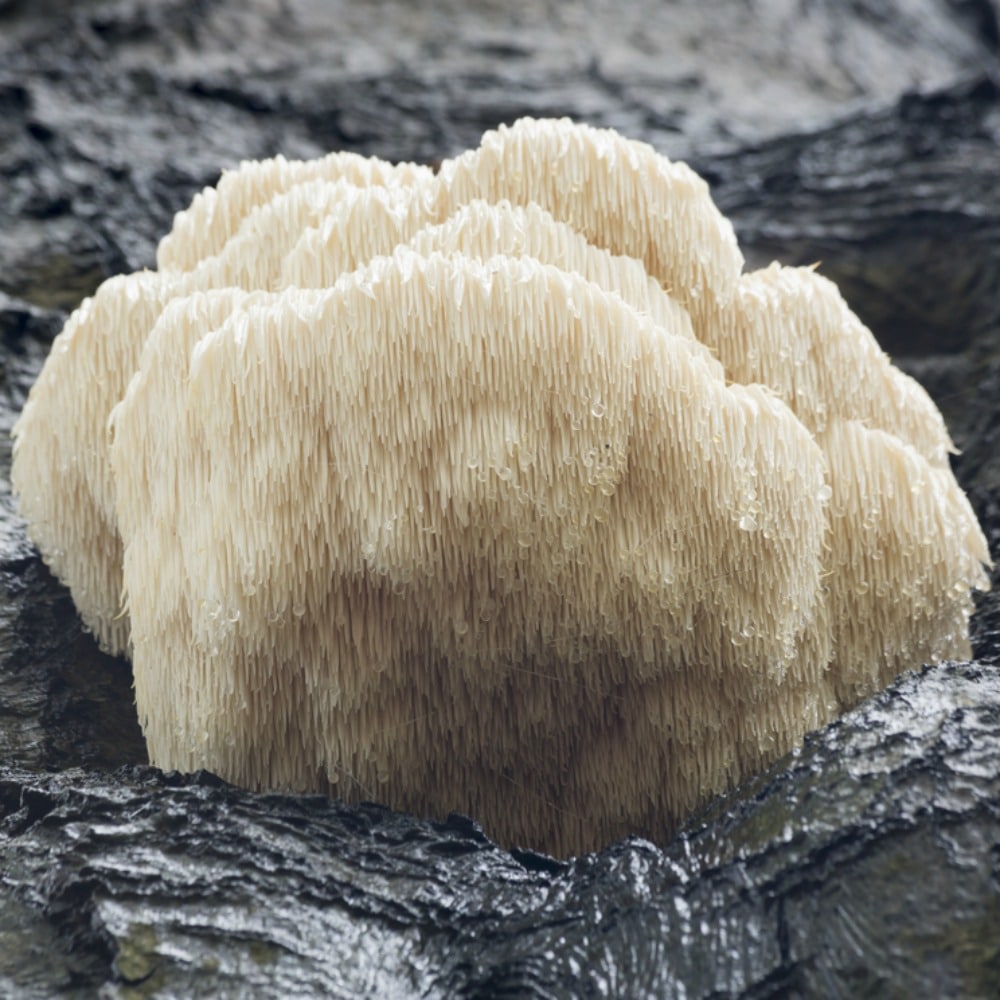Health Benefits of Lion’s Mane Mushroom
The Chinese have used Lion’s Mane Mushroom as a medicine for centuries. Many communities in Asia have used it as food. The Chinese and Japanese call it hou tou gu and yamabushitake respectively. It derives its name from a distinctive appearance that makes it resemble the mane of a shaggy lion. Apart from its appearance, origins, use as food and local names, the Lion’s Mane Mushroom has several health benefits too.
Boosts Digestive Health
The plant proved highly useful in promoting digestive health. It enables the stomach and liver to function properly. It also protects the liver. It is effective at treating chronic gastric inflammation, duodenal ulcers, and peptic ulcers. Many patients have used it in alleviating mental apathy (also known as neurasthenia). Its usage as a restorative health tonic has also borne good fruits.
Useful as a Dietary Supplement
Today, the mushroom continues to prove its efficiency in clinical use. Physicians recommend it as a dietary supplement. The reason for this is the positive effect that it has on mood, brain health, and memory. Scientific studies have proved that the mushroom is capable of increasing neurotrophic activities. It stimulates the growth of nerve or brain cells, thus boosting neurotrophic activities. This effect enhances its reputation as a brain strengthener and antidepressant.
Facilitates the Production of Nerve Growth Factor
The mushroom has bioactives, which are called hericenones (or aromatic molecules). These bioactives, including erinacines (or diterpene compounds), collaborate to boost the production of Nerve Growth Factor (NGF) in nerve cells. By doing this, the mushroom maintains forebrain function and cholinergic system. So, the mushroom plays a role in the proper maintenance of the central nervous system. Remember, the forebrain is important because of the following:
* It is where decision-making takes place
* It is the seat of all memory
* It is the place where higher thinking happens
* It has regenerative and protective effects on the brain’s biochemical pathways.
Reduces Bad Cholesterol and Increases Good Cholesterol
Other than medicinal uses, Lion’s Mane Mushroom is also renowned as a cholesterol reducer. A unique, submerged culture of the mushroom reduces cholesterol by around 32%. The same culture reduces LDL cholesterol by around 45.4%. It also reduces triglycerides by as much as 34.3 percent. More importantly, it increases HDL cholesterol, which is the good cholesterol, by around 31%. So, it eradicates the bad while boosting the good cholesterol.
Provides Perfect Immune Support
Additionally, it offers immune support. It increases the ability of the host (whether animals or humans) to resist infection. The mushroom enhances the uptake of bacteria by white blood cells. The immune booster increases the ability of macrophage cells to engulf the harmful bacteria before destroying them. Treating cell culture with an extract of Lion’s Mane Mushroom allows the cells to display greater movement against the bacteria rather than controlling them.
The other health benefits of Lion’s Mane Mushroom include:
* anticancer effects
* treating ulcers
* decreasing the levels of serum glucose while increasing serum insulin levels
* healing wounds
What’s the Recommendation? Needs Further Testing on Humans
There’s little doubt about the effectiveness of the mushroom extract. Its health benefits make it one of the most exciting nutraceuticals. It has been tested on humans and found effective at enhancing memory and improving moods. However, most of its health benefits have so far been displayed in animals and test tube results. The mushroom needs to undergo further testing on humans its precise efficacy levels and the recommended dosages.




